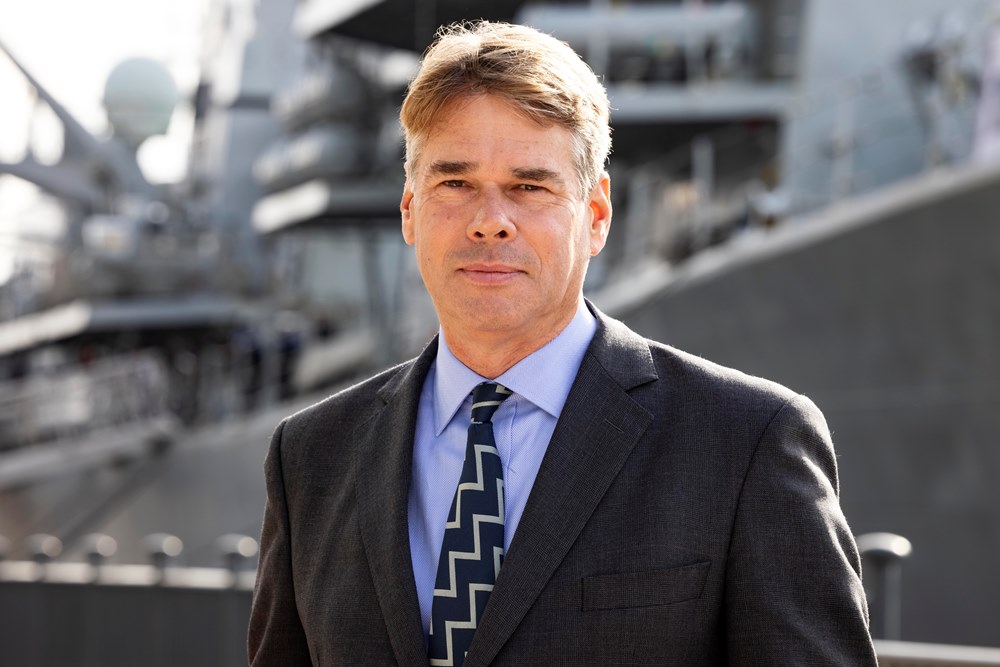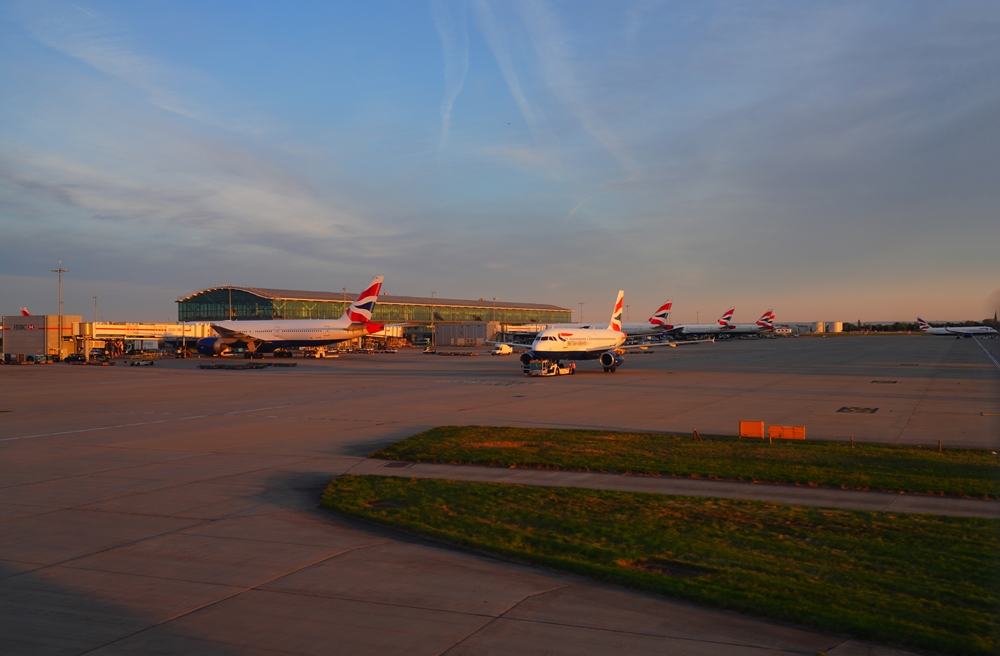ThinkTank Maths counts on its mathematical excellence

Above: Thinking out of the box - CEO Angela Mathis and director Sam Halliday.
To say that mathematicians at ThinkTank Maths (TTM) think ‘out of the box’ is an understatement. To many companies, working with six-year-old TTM is like entering a new dimension that allows them to solve a hitherto intractable problem. They include organisations like the BBC, Tesco Bank, TAQA Bratani, Maersk Oil and Motorola.
TTM is a mathematics innovation company aimed at creating game-changing solutions and results in space, energy, financial services and defence. Much of what it does – and indeed whom it does it for – cannot be described here due to the complex and confidential nature of the work. However, some clients are more than happy to be publically associated with a company that is clearly making a massive impact on how we live our lives now and in the future.
TTM is dedicated to developing original mathematics that both expands the boundaries of scientific understanding and delivers outstanding, yet practical, results that have a strategic and transformational impact on its clients’ business models and technologies.
For instance, TTM’s novel algorithm – developed on behalf of the European Space Agency (ESA) – reduces the duration of a critical phase in spacecraft testing from month… to minutes.
TTM explains that creating systems that survive in space is one of the most difficult engineering challenges. Spacecraft and satellites are exposed to extreme heat and cold, potentially resulting in vibrations, disruptions to satellite systems and even stress fractures. Extensive thermal testing before launch is essential.
However, as many subtle properties of spacecraft materials and structures cannot be measured directly, a full thermal analysis of a spacecraft requires ESA’s control engineers to correlate complex numerical simulation models with test data from its space simulator, which contains the largest vacuum chamber in Europe.
This task of thermal model correlation (TMC) is a painstaking process that involves fine-tuning hundreds of parameters by hand. Even when carried out by dedicated, experienced engineers, TMC can take several months to complete.
Finding the solution is crucial. The spacecraft cannot be launched before the thermal testing is complete and any delay to launch comes at enormous cost. For this reason, ESA has been investigating the possibility of an automated TMC solution for years but standard optimisation approaches, like genetic algorithms, kept coming up against a seemingly insurmountable complexity barrier. Looking for a fresh perspective, ESA turned to TTM for help.
TTM’s mathematicians uncovered how the intrinsic, rich mathematical structure of the TMC problem could be exploited. Instead of applying an off-the-shelf technique, the team derived a completely new algorithm from first principles. Tested against a challenge problem provided by ESA, the resulting solution was able to perform the TMC task in a matter of minutes.
Together with ESA, TTM is now creating a full-fledged TMC solution that will help ESA engineers both to launch their spacecraft on time and also to ensure that they survive the harsh thermal conditions in space… and all at significantly reduced engineering effort and cost.
For some time now, the UK’s Technology Strategy Board (TSB) has been investing in a competition, featuring game-changing technology, designed to stimulate innovation across the space industry. And recently, TTM’s contest entry, to study a novel approach to autonomous – as opposed to automatic – spacecraft control, was judged to be one of the winning projects.
TTM’s ‘trusted reasoning architecture’ (TRA) has the potential to overcome many of the shortcomings of current control systems. A TRA-based system would quickly recognise an anomalous situation that it has never encountered, such as an unexpected change in component performance. This is in contrast to conventional rule-based approaches, which must be customised for every conceivable configuration or failure mode of the system.
Such an approach has obvious applications in UAVs, aircraft and spacecraft. The architecture could also significantly enhance current cyber security systems.
TTM’s CEO, Angela Mathis, who sits on the Scottish Scientific Advisory Council and also on ADS’s Scottish and national councils explained the criteria that potential employees must meet: “If you have exceptional talent in mathematics, are passionate about it and able to demonstrate it, we would like to hear from you. It’s not mathematical knowledge we need… but understanding and imagination in mathematics.”













